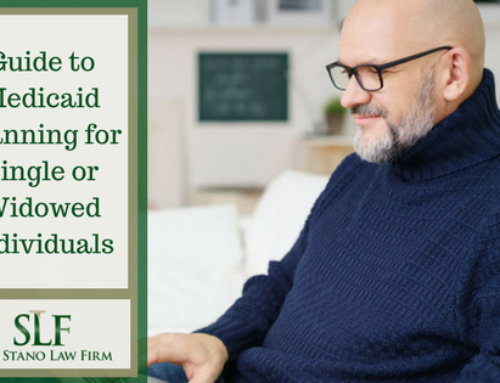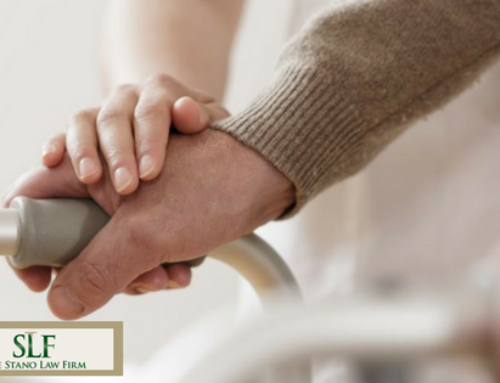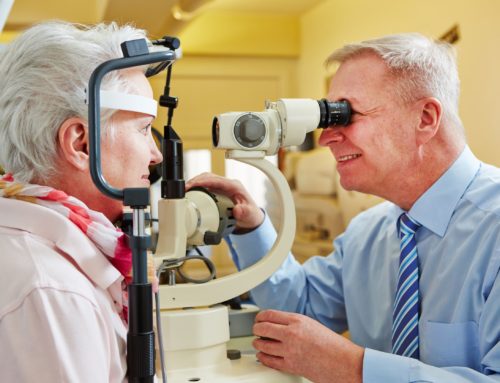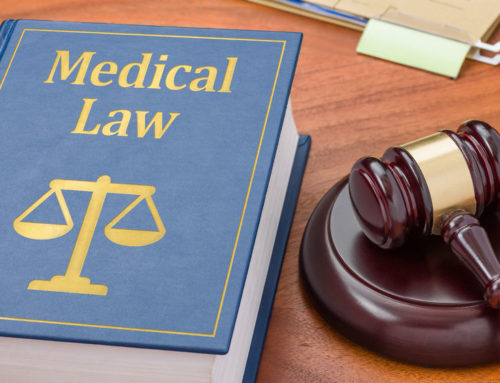Medicaid is a need-based program, meaning that you can only have a certain amount of assets in order to qualify for the benefits. Because there are very specific rules in place in regards to what assets can be given away to qualify, it is very important you speak with a qualified elder law attorney before applying for benefits. Below is a basic list of exempt assets, which Medicaid will not take into account, and countable assets, which are non-exempt.
Exempt Assets
- Home equity- If the home is the principle place of residence of the spouse, or if there is an intent to return to the home after the nursing-home stay (within 6 months) then up to $500,000 in home equity is exempt.
- Personal belongings and household goods
- One car for the spouse to use
- Burial spaces and any prepaid funeral contracts that are irrevocable
- Life insurance if the combined value is $1,500 or less.
Countable Assets (non-exempt)
- Certificates of deposit
- U.S. Savings Bonds
- Individual Retirement Accounts (IRAs)
- Keogh Plans (401K, 403B)
- Nursing home accounts
- Prepaid funeral contracts that are cancellable
- Trusts
- Real estate other than the primary residence
- Additional cars, after the first vehicle
- Boats
- Recreational vehicles
- Stocks, bonds and mutual funds
- Land contracts
- Mortgages held on real estate sold
In Ohio, one can typically qualify for Medicaid if they own only exempt assets and have less than $1,500 in the bank.






